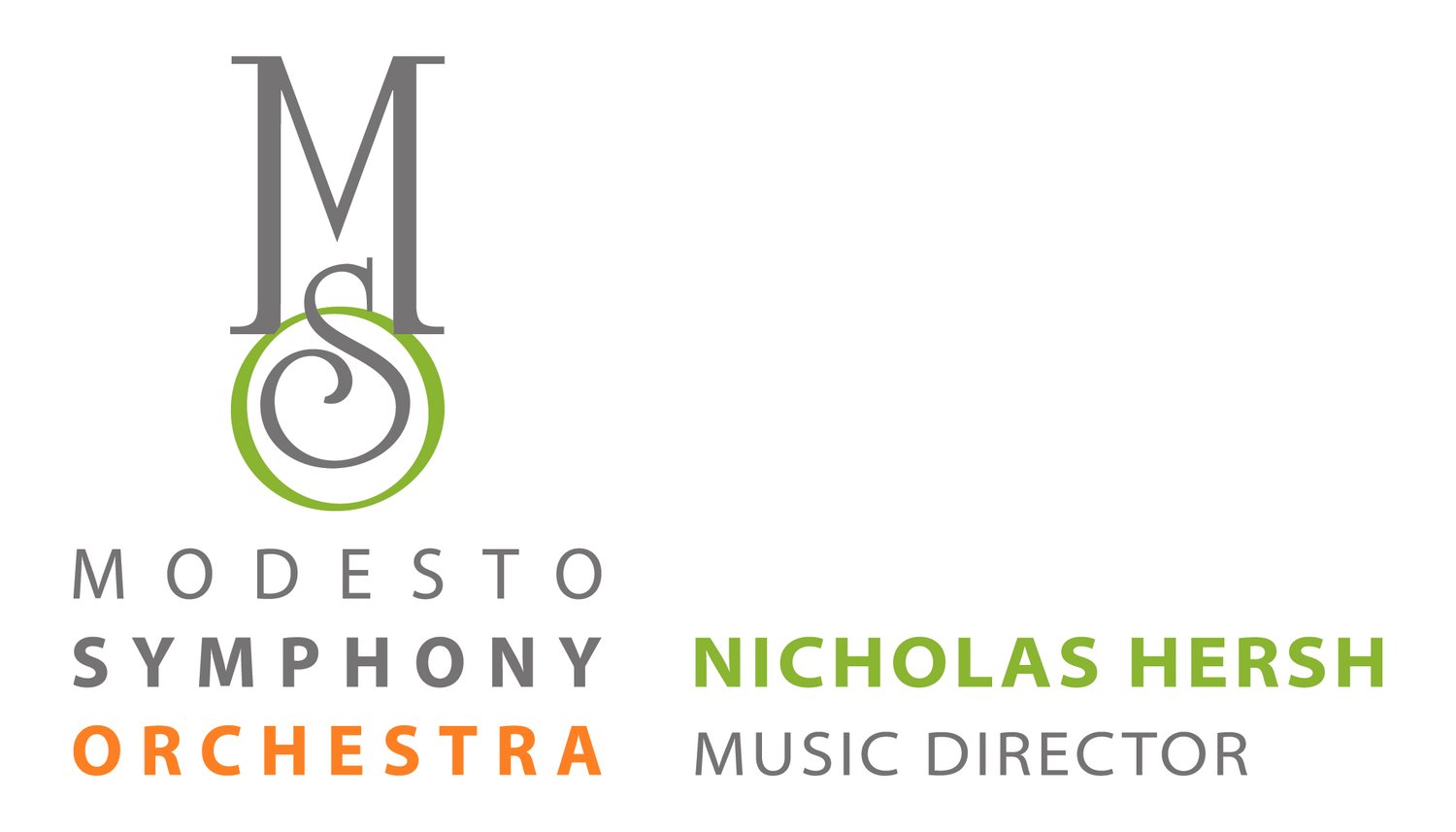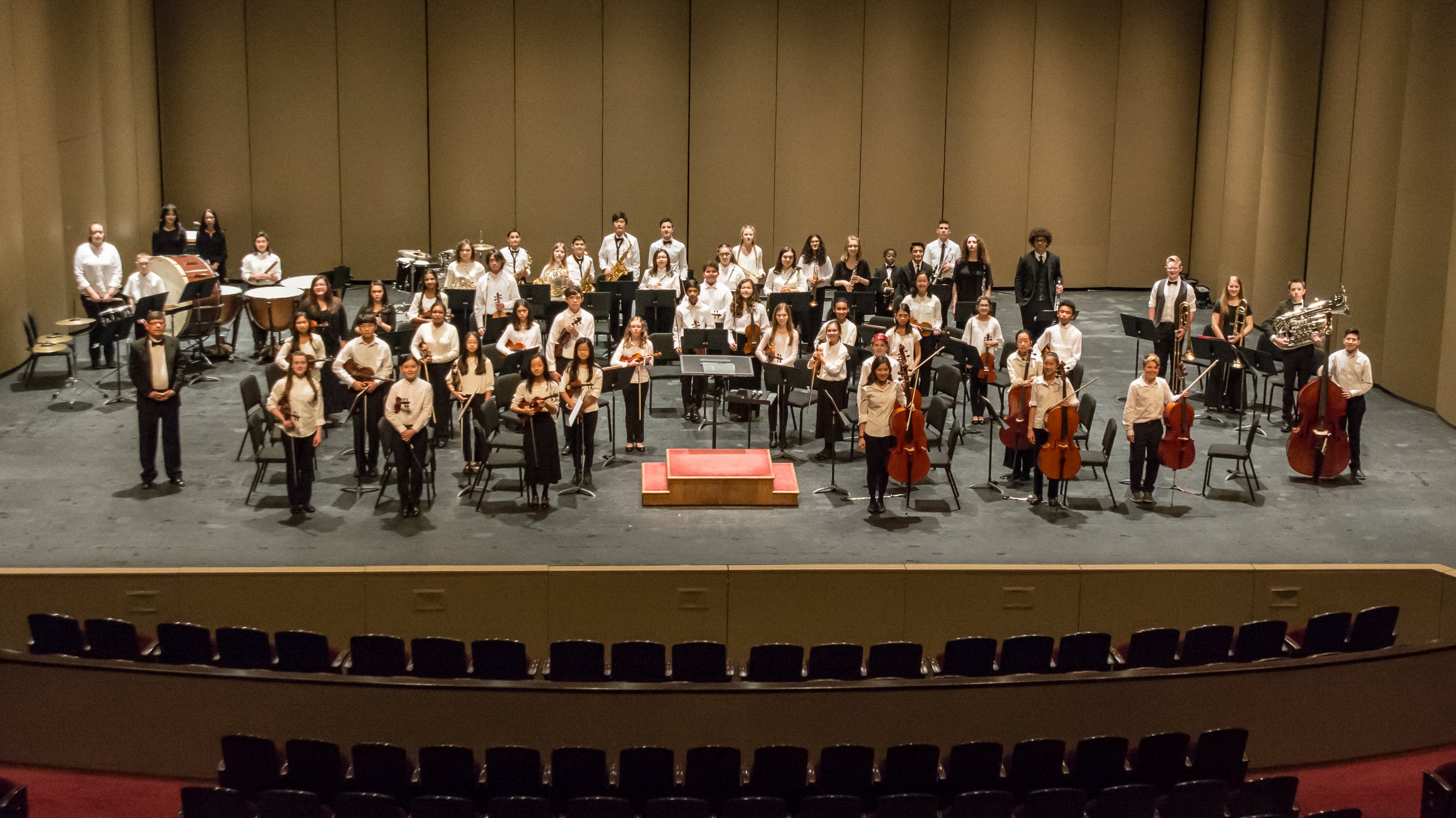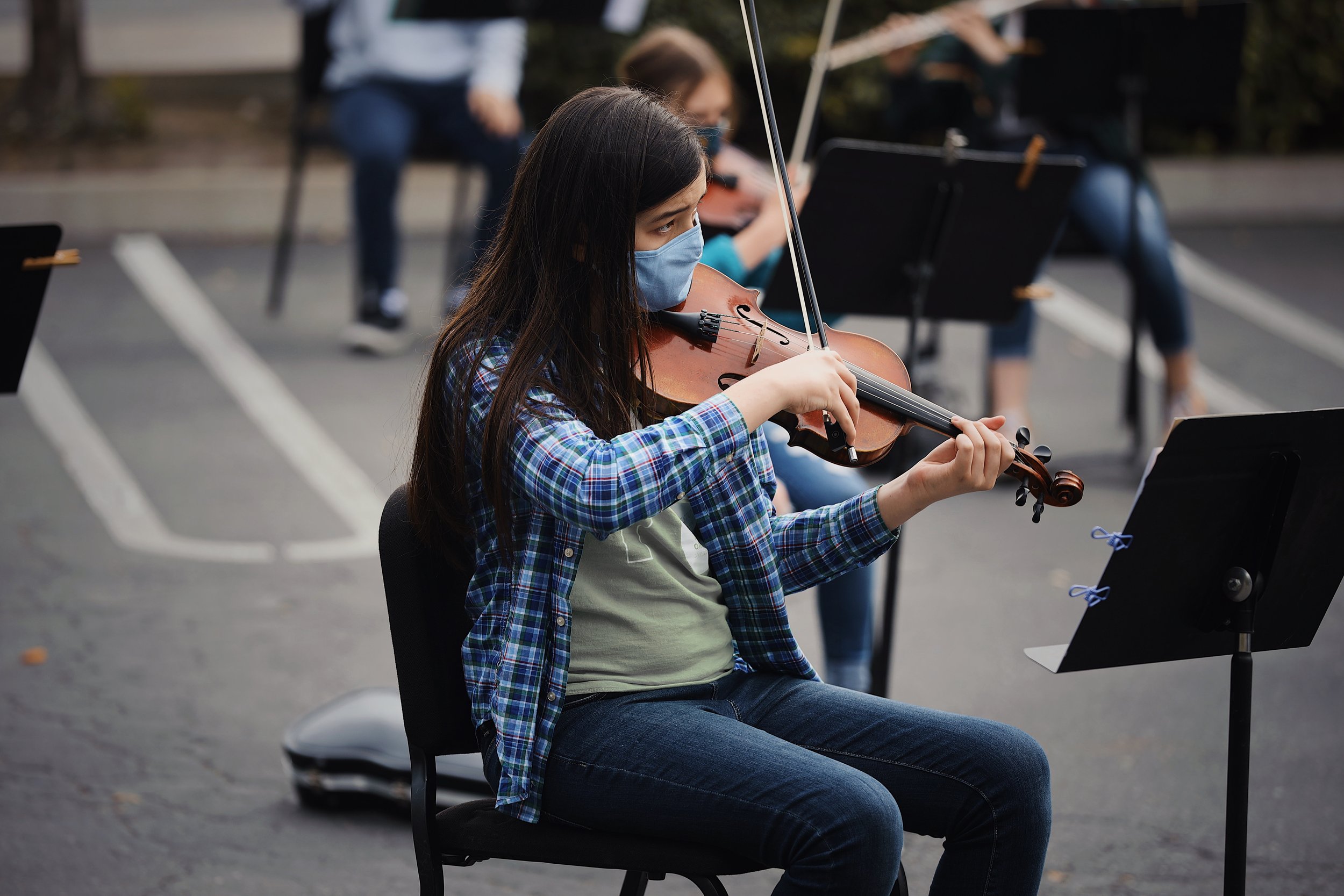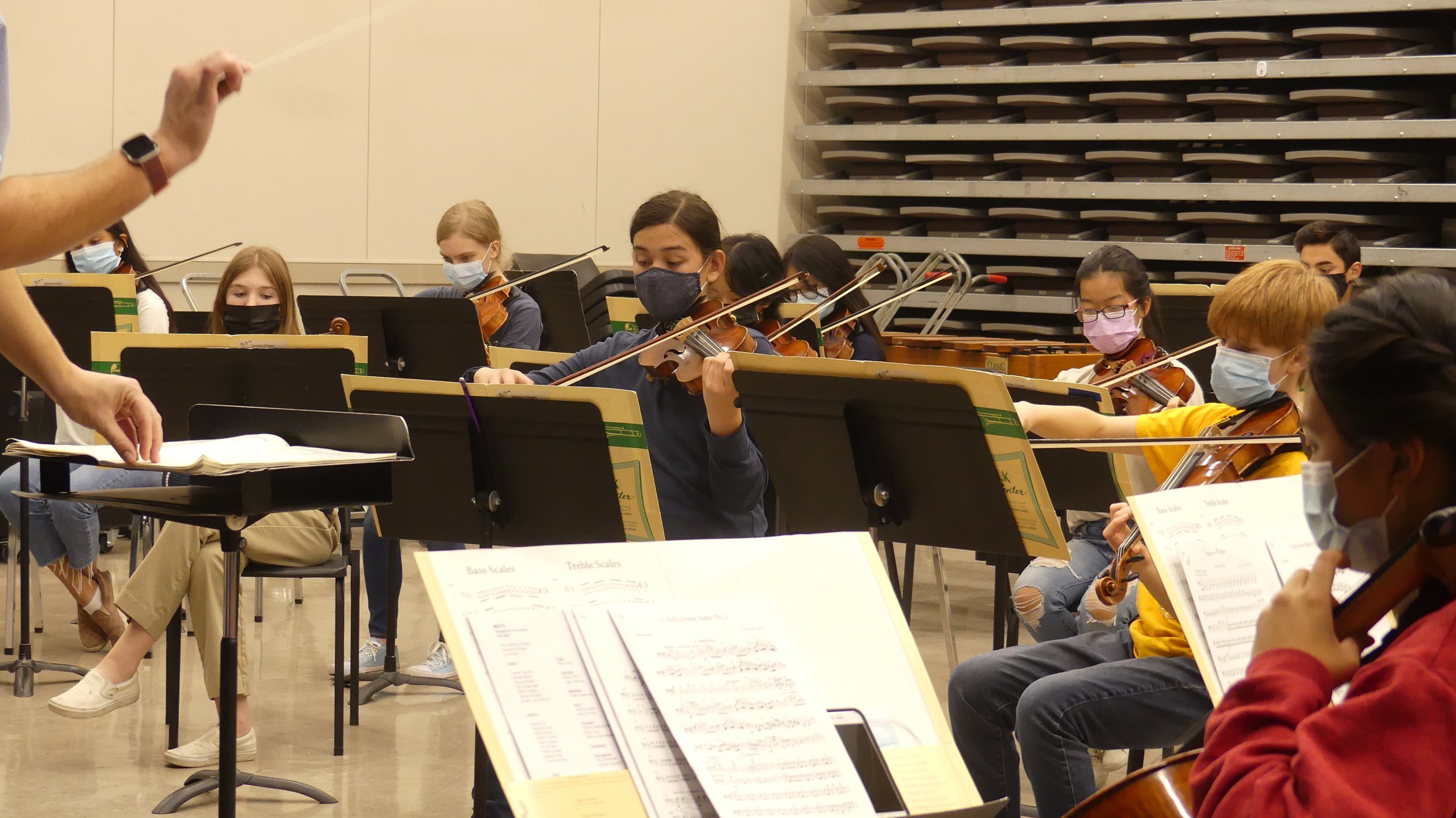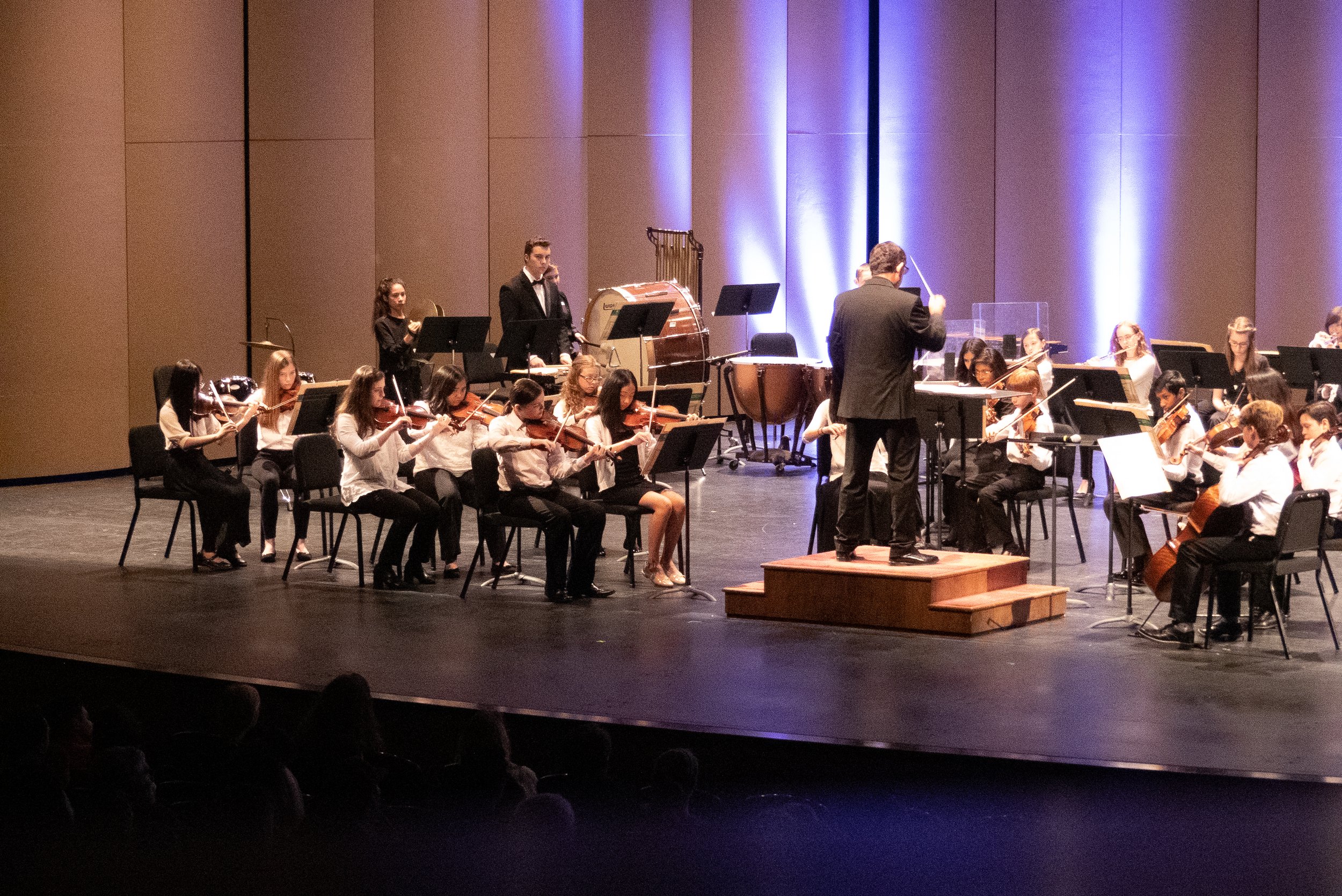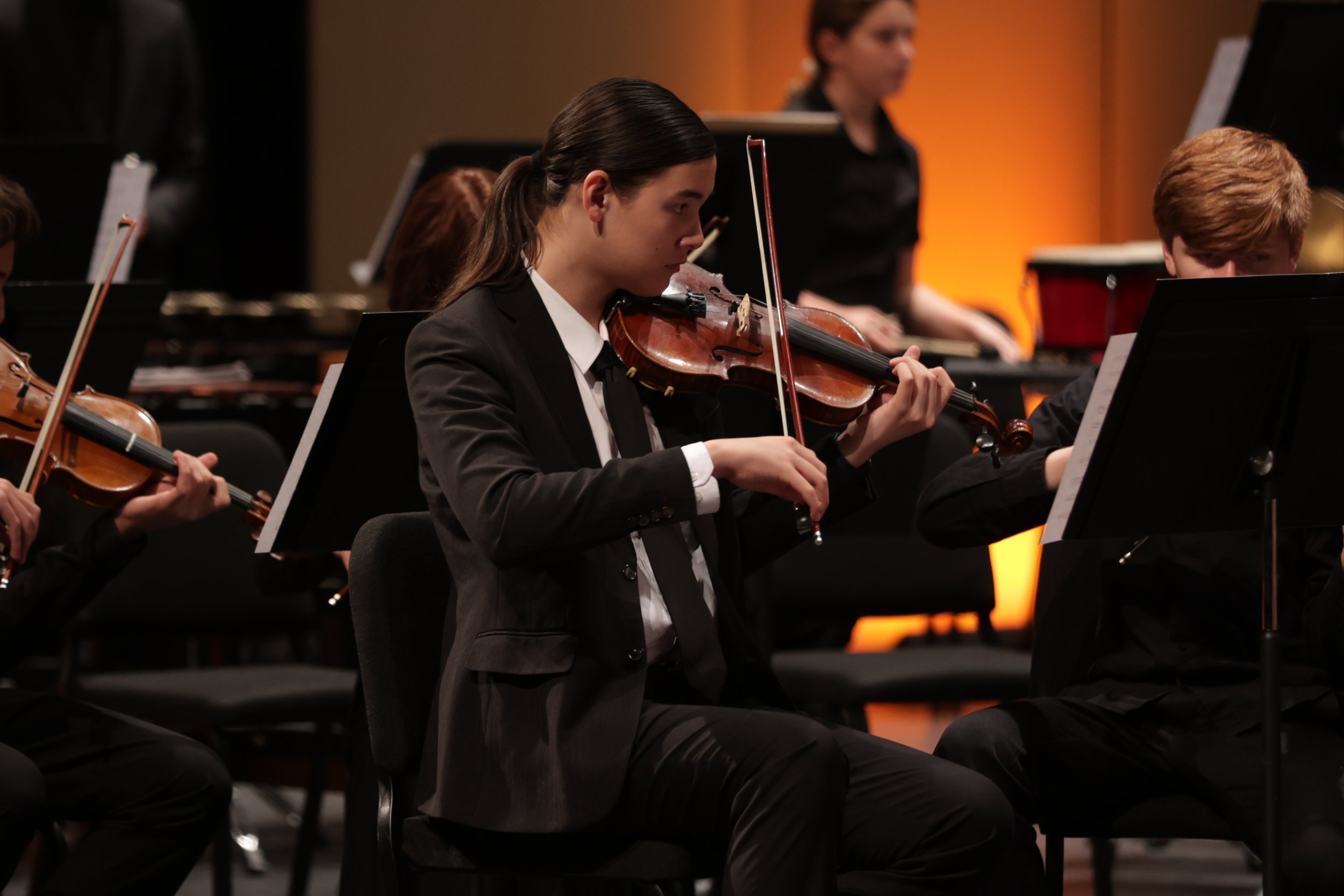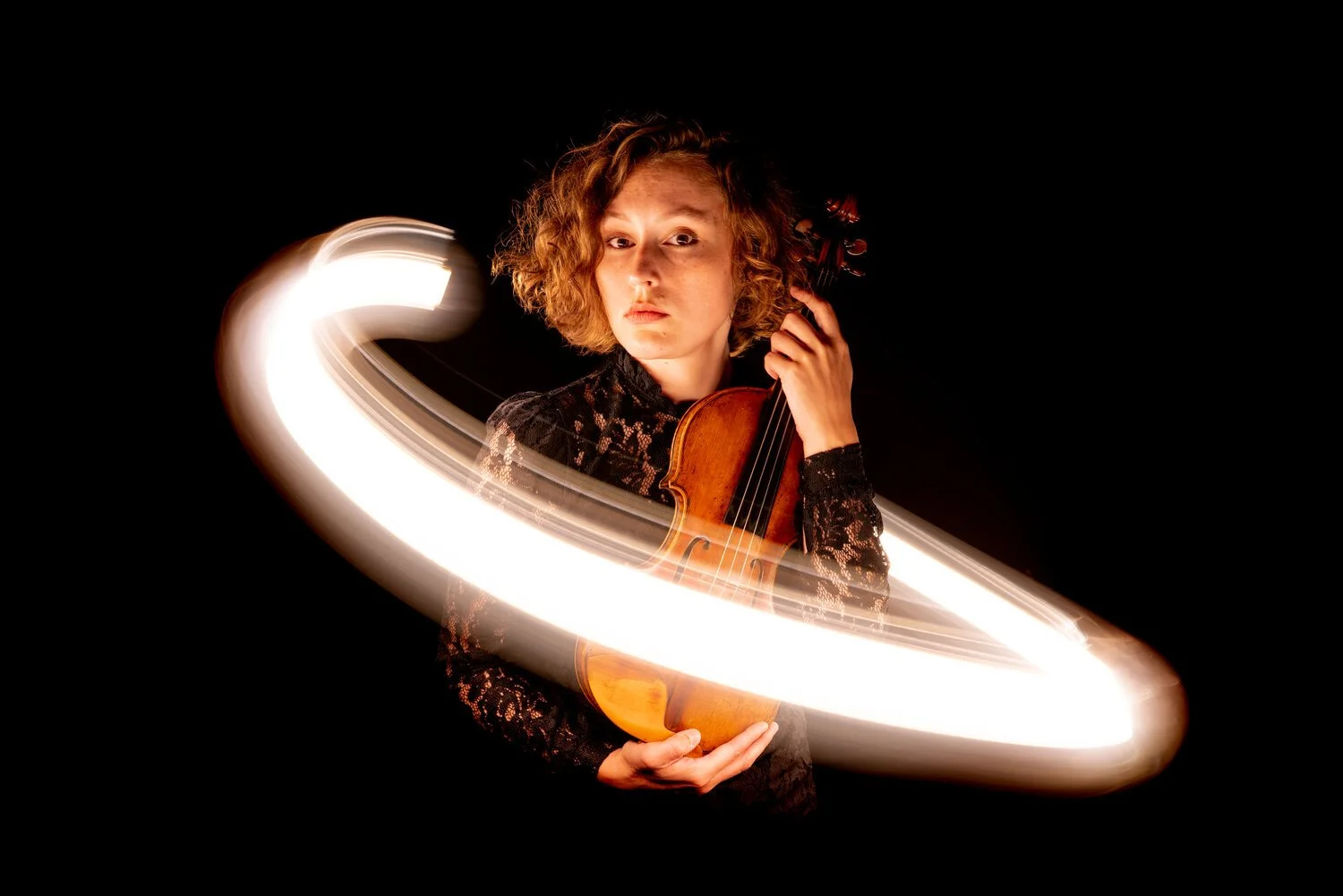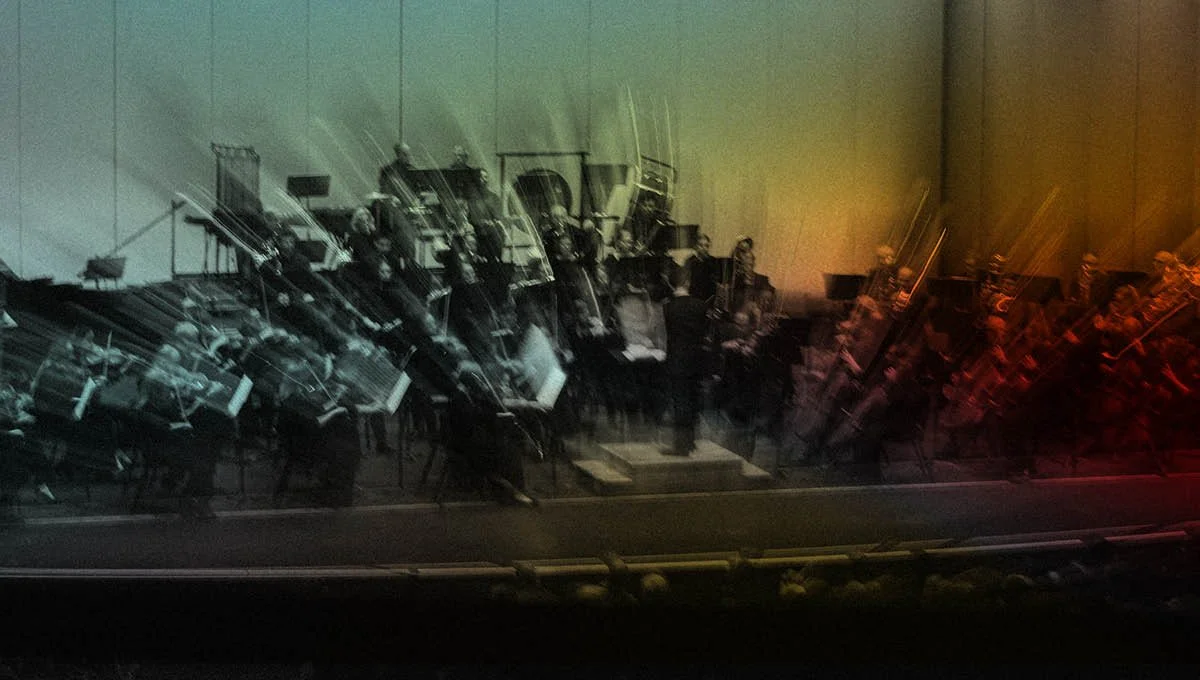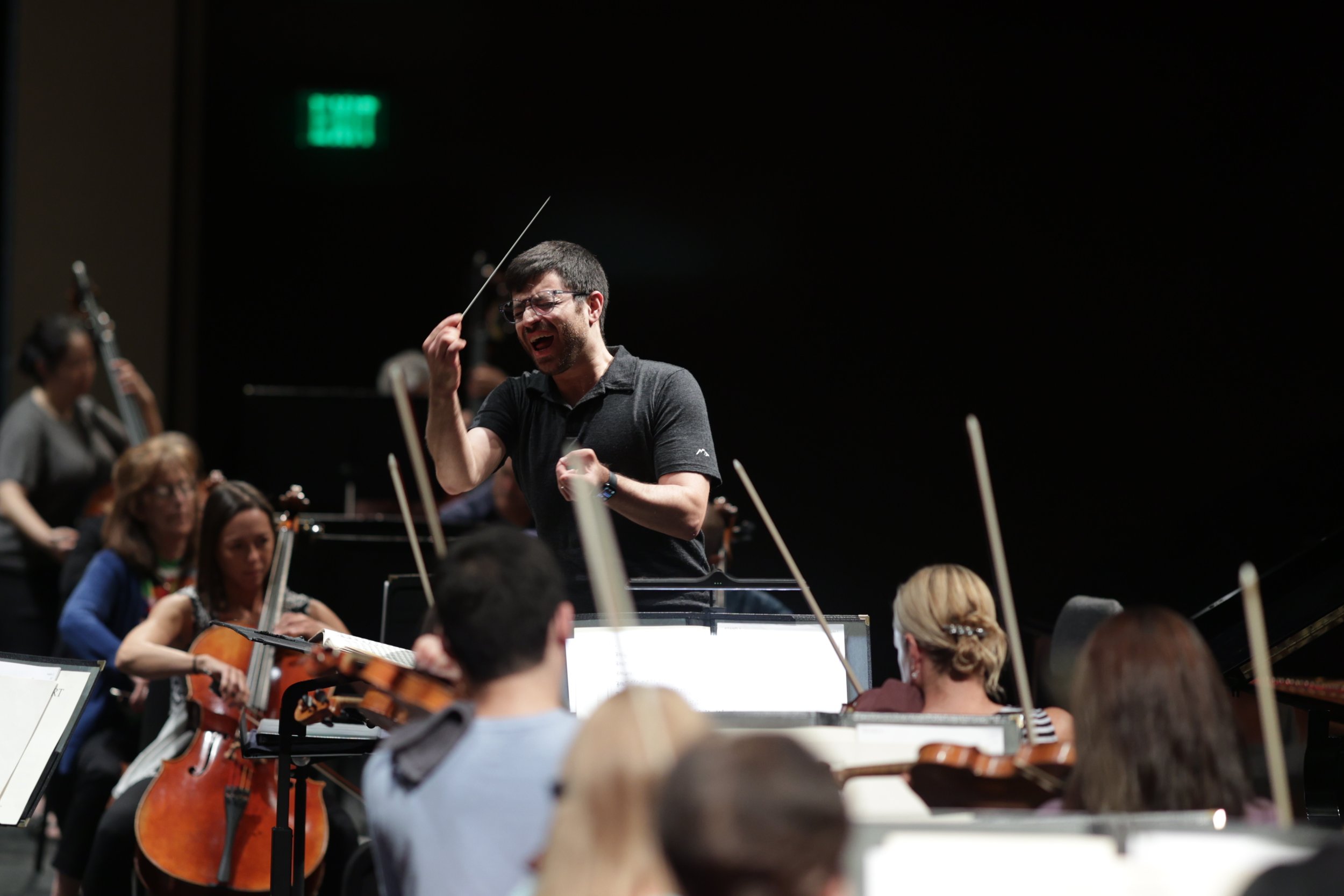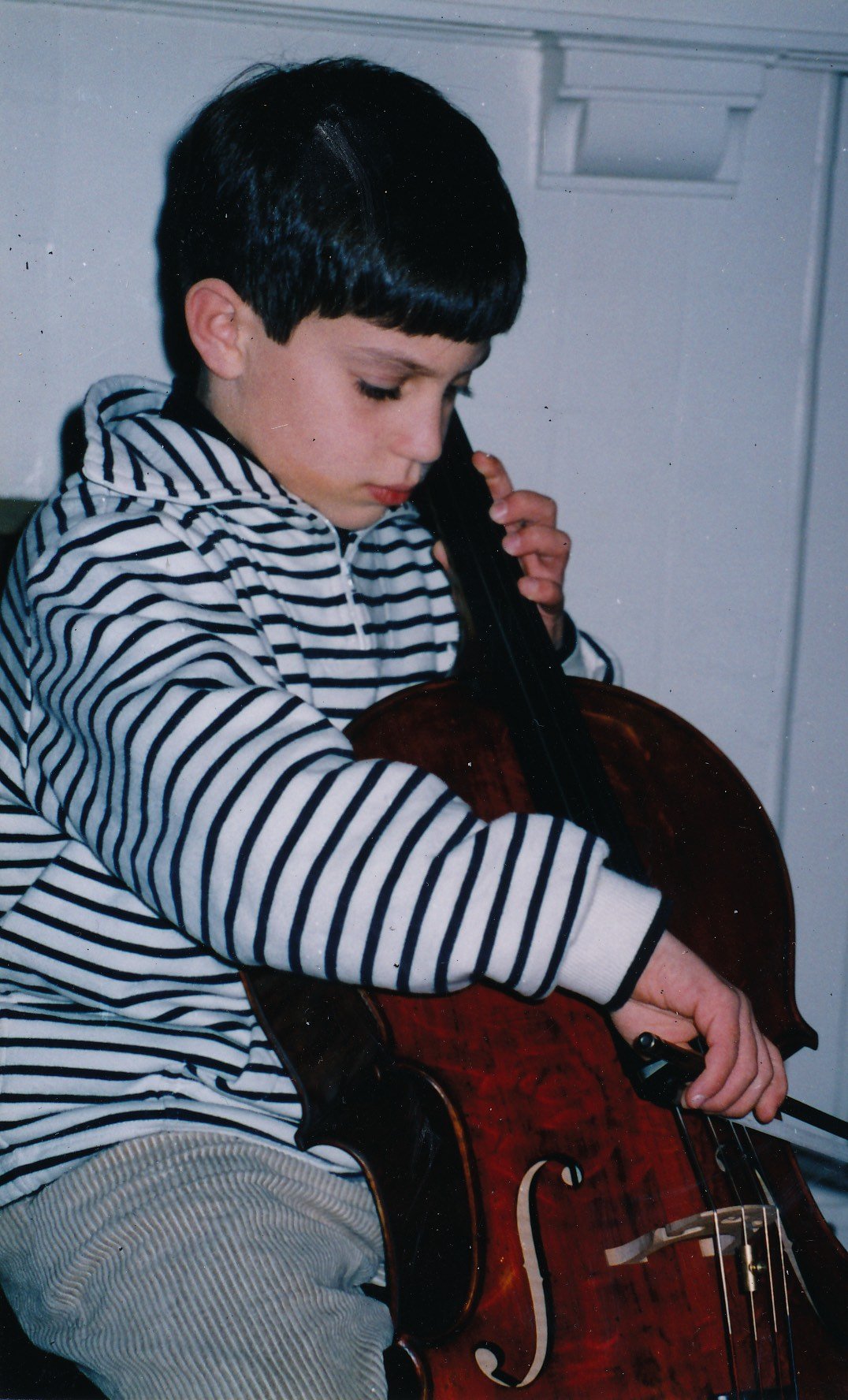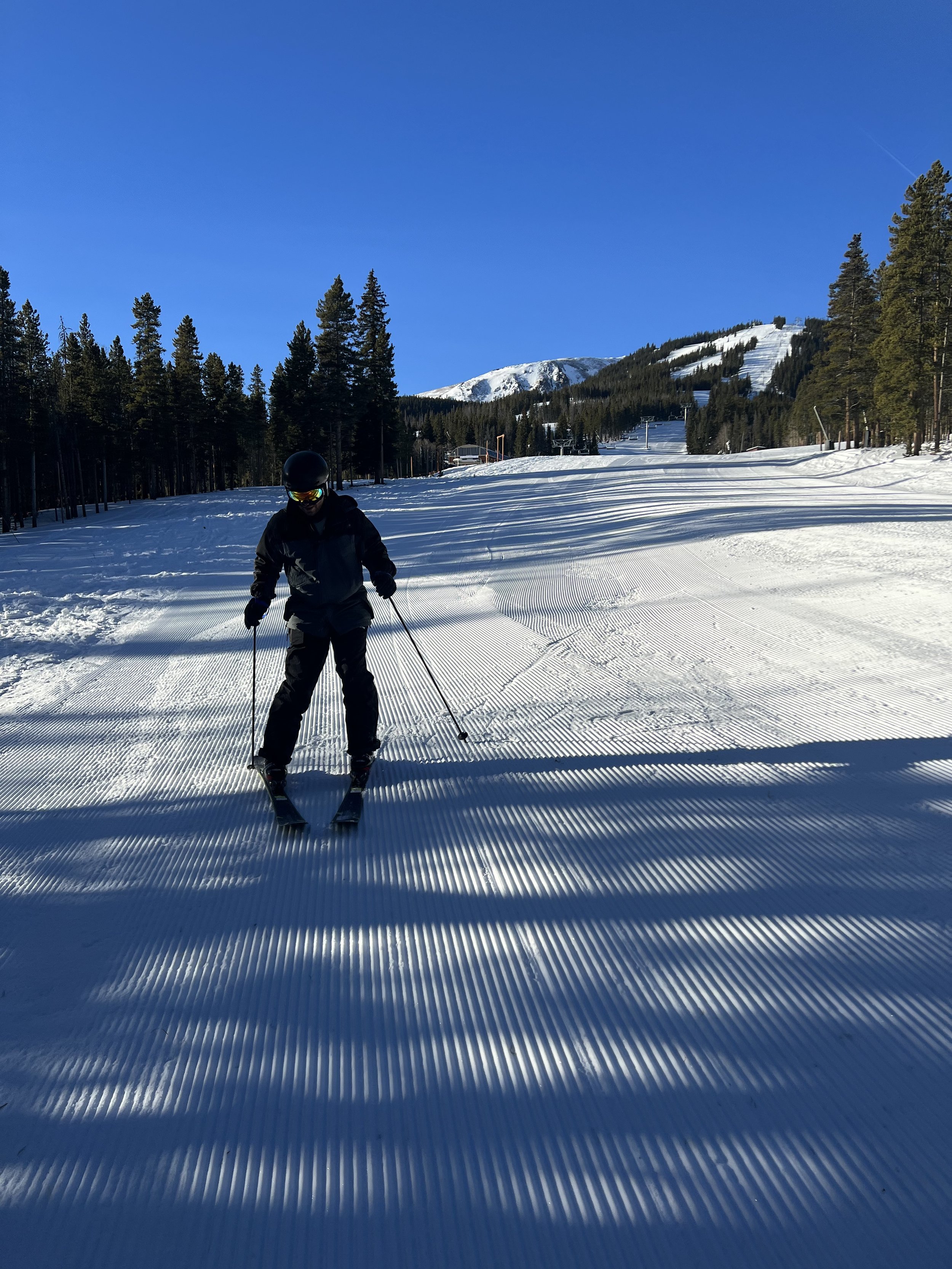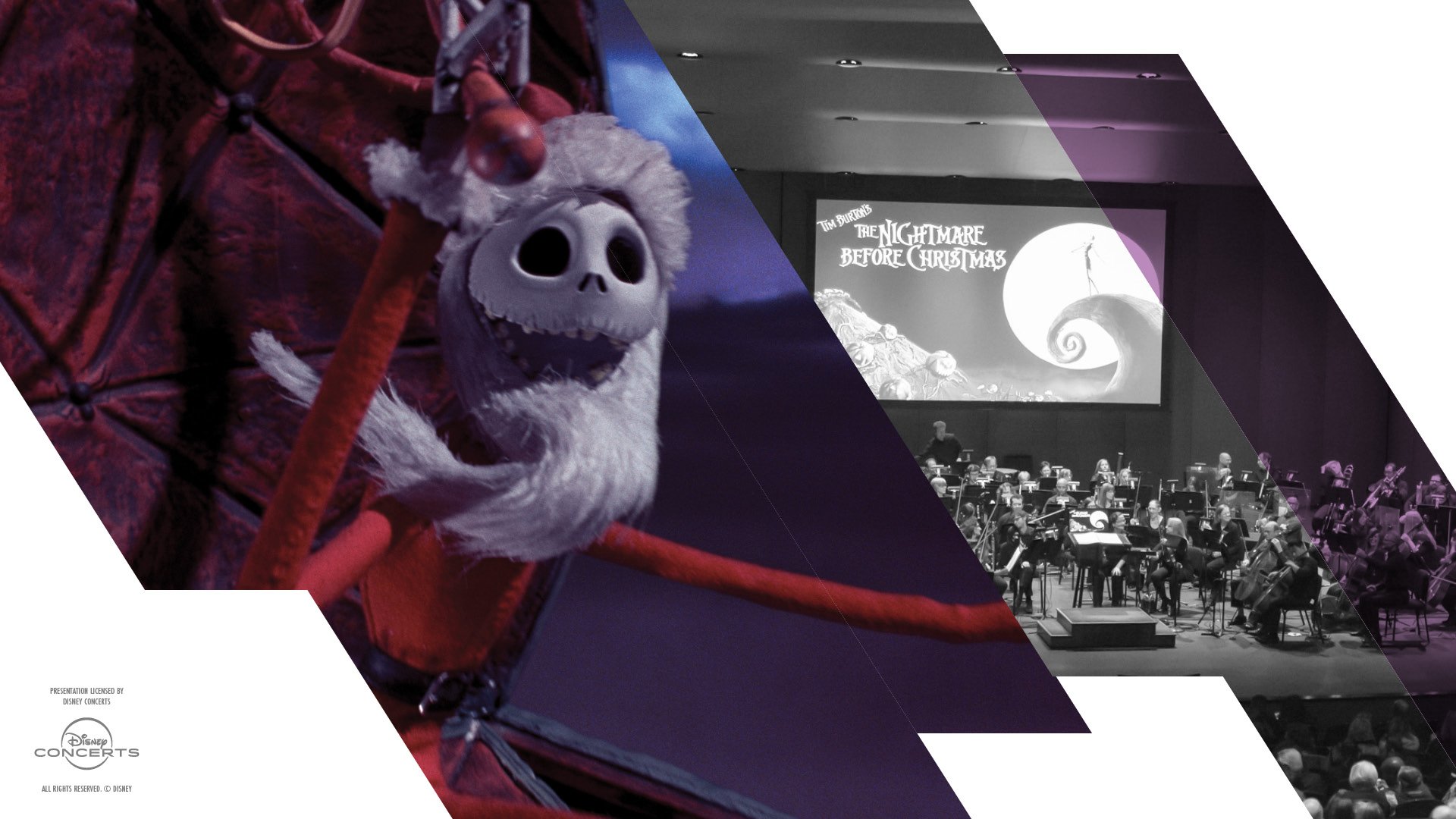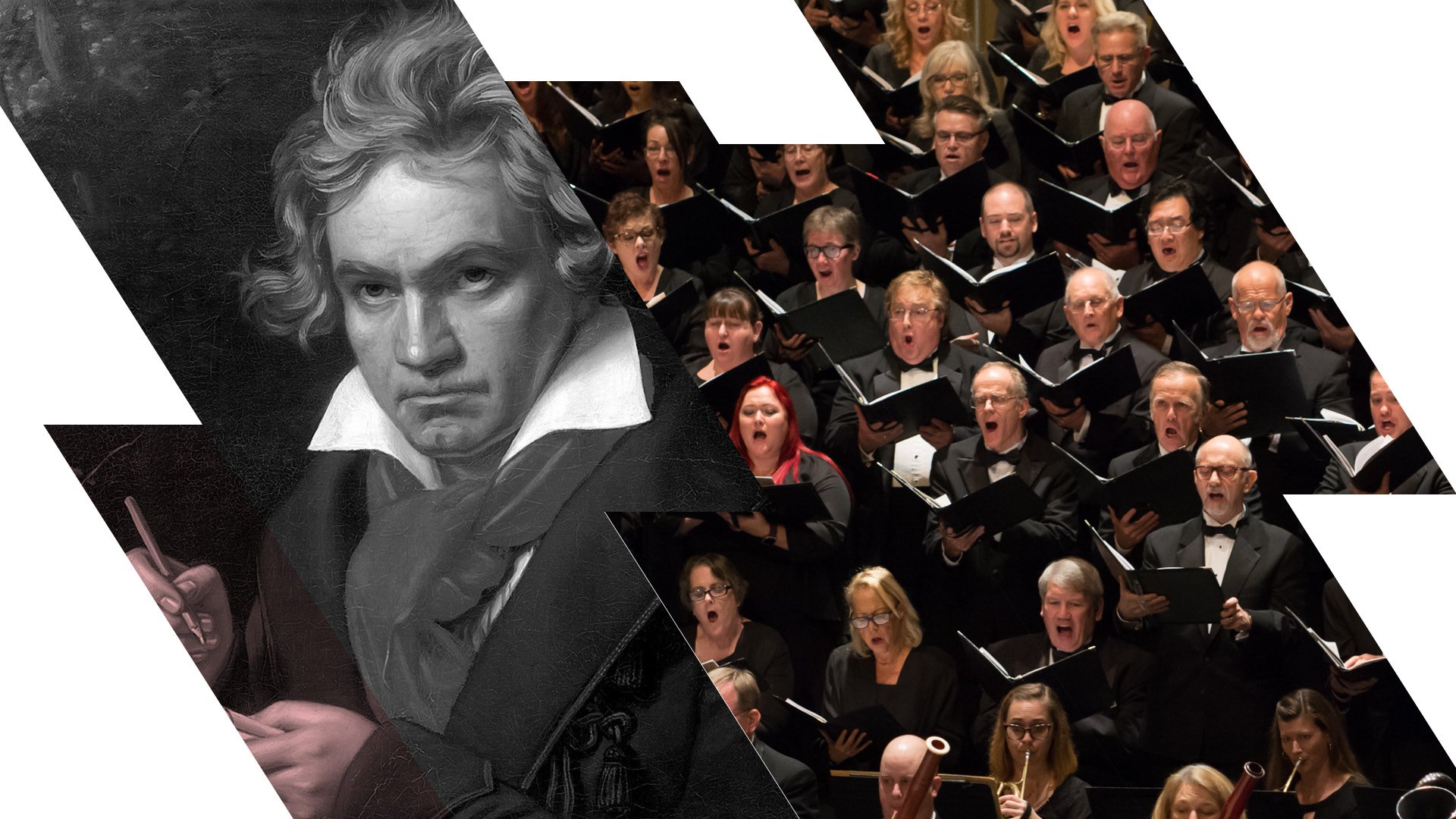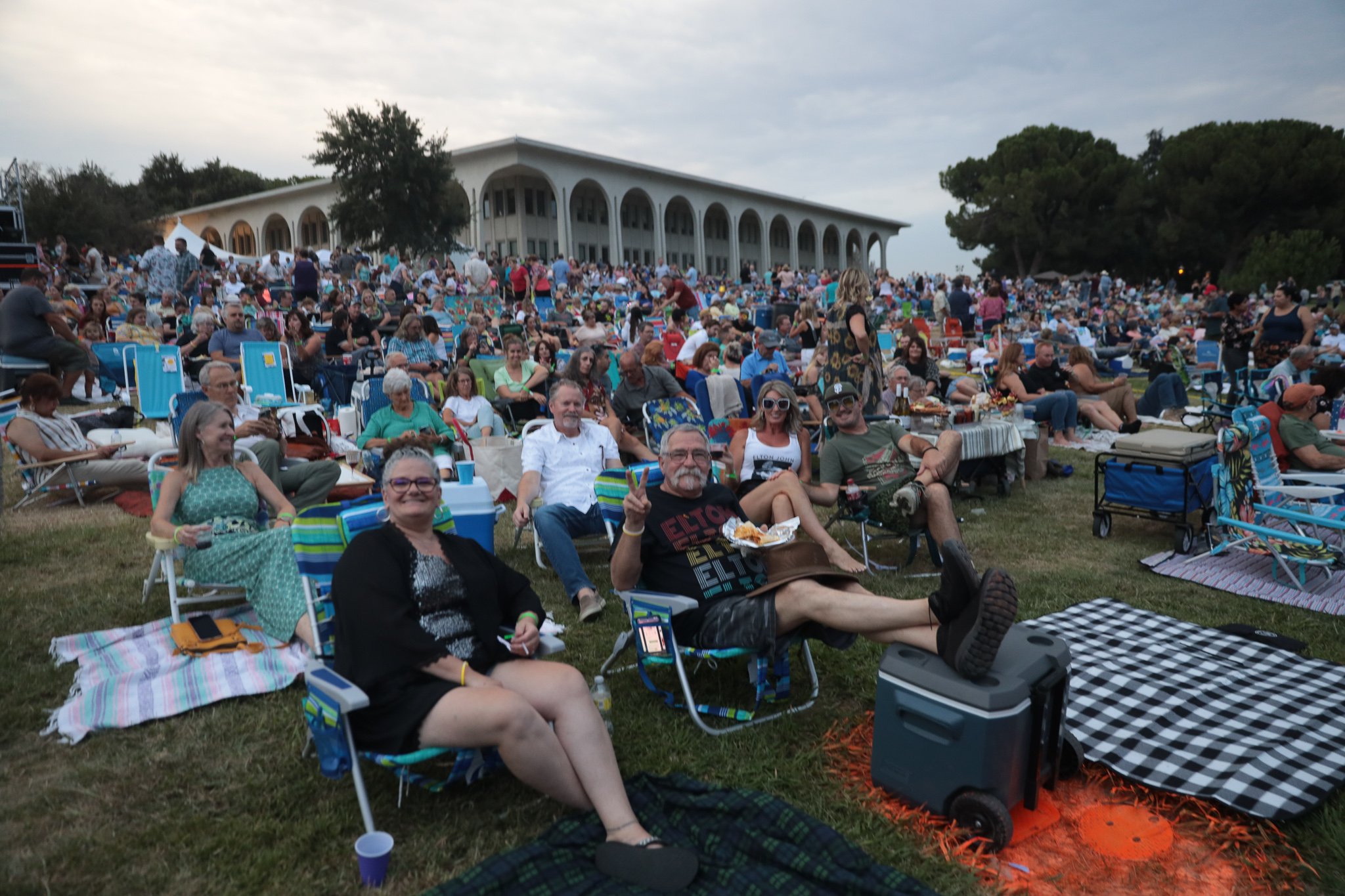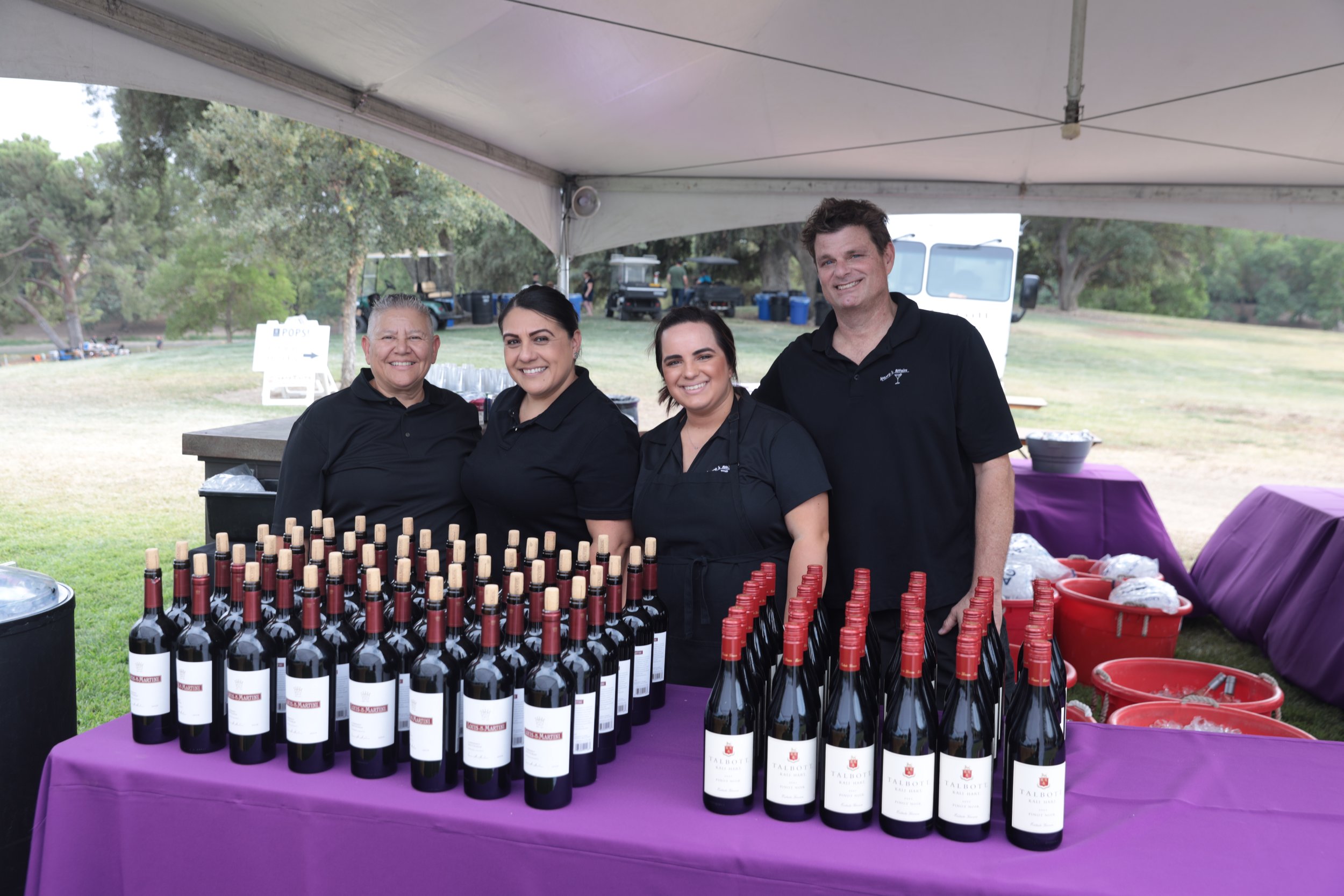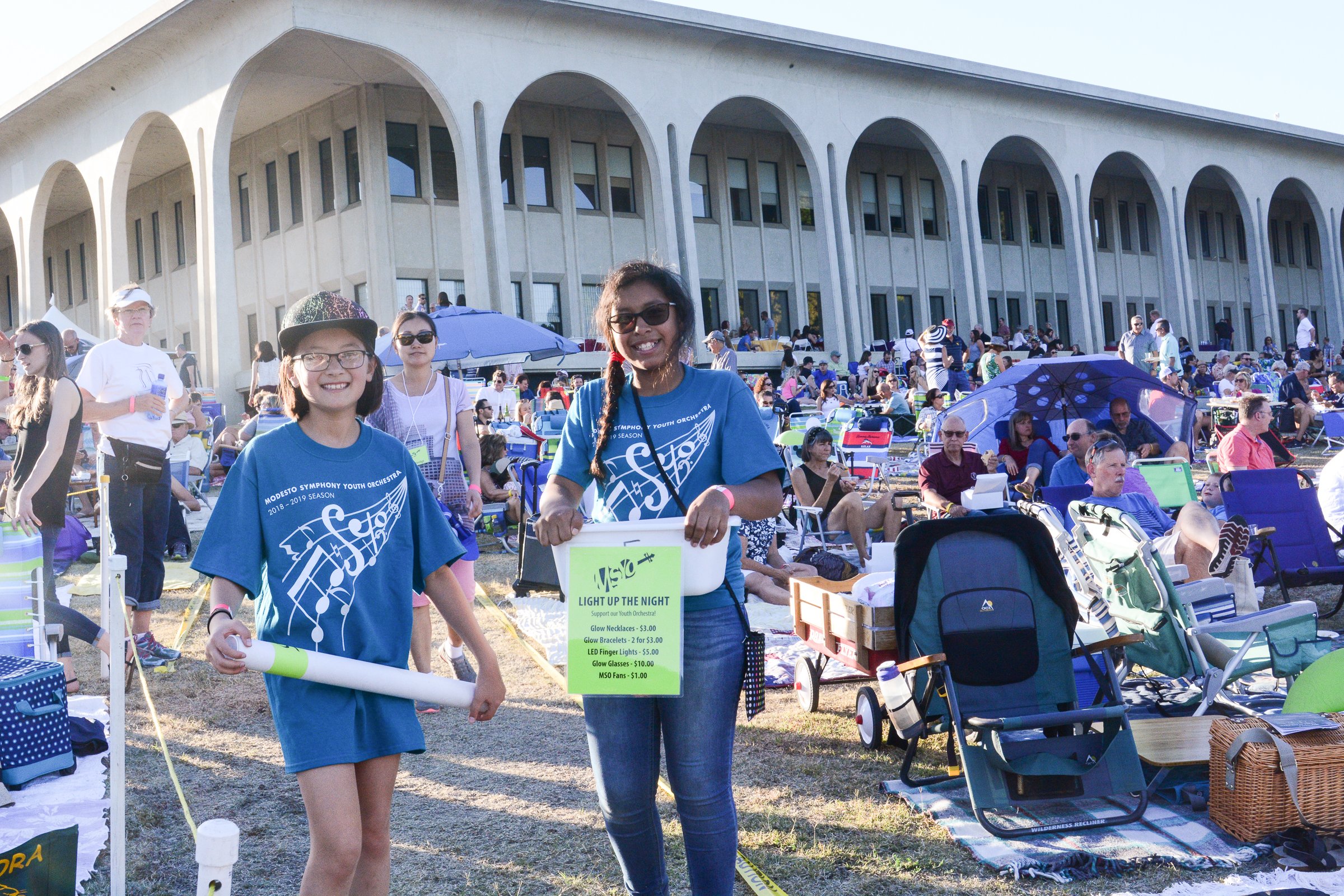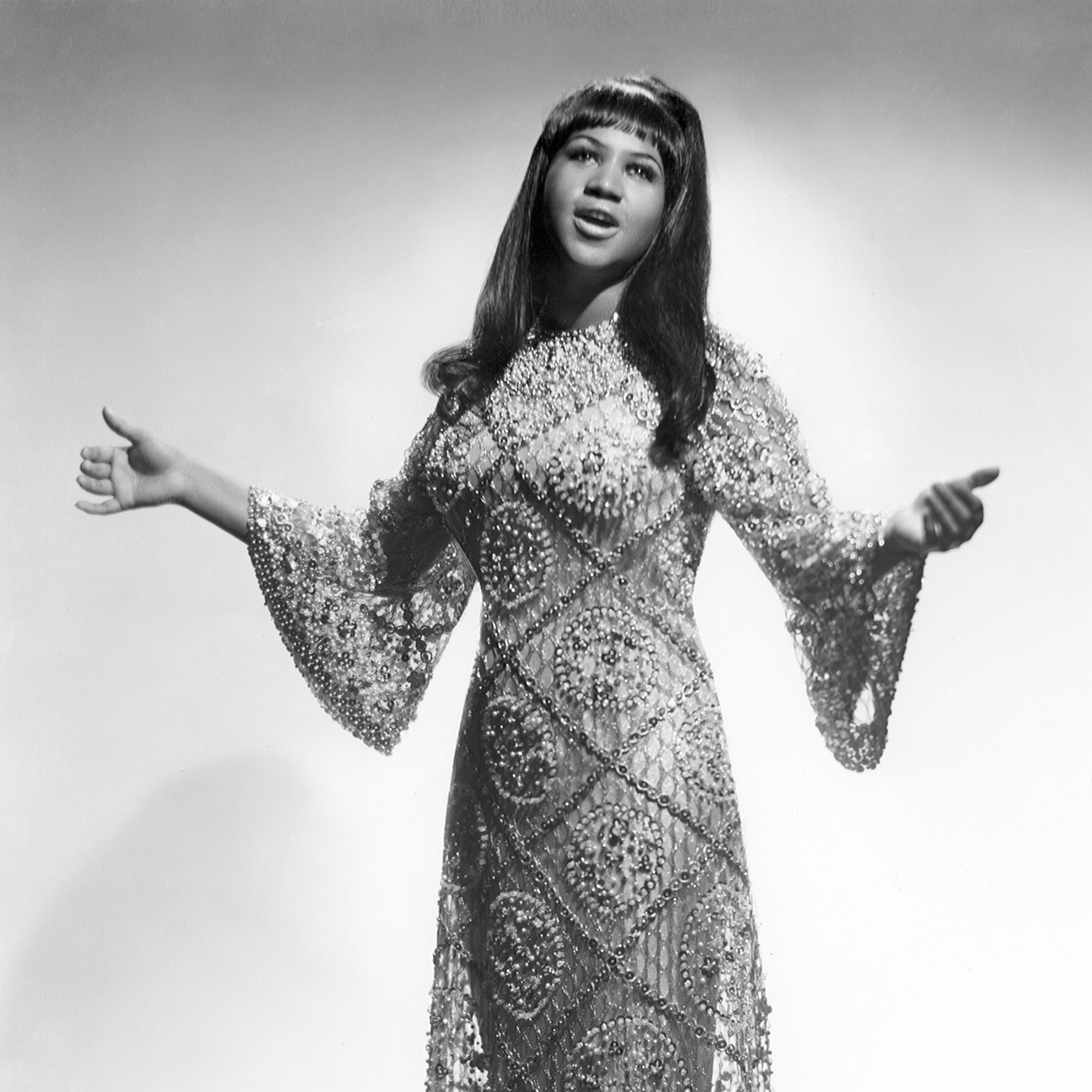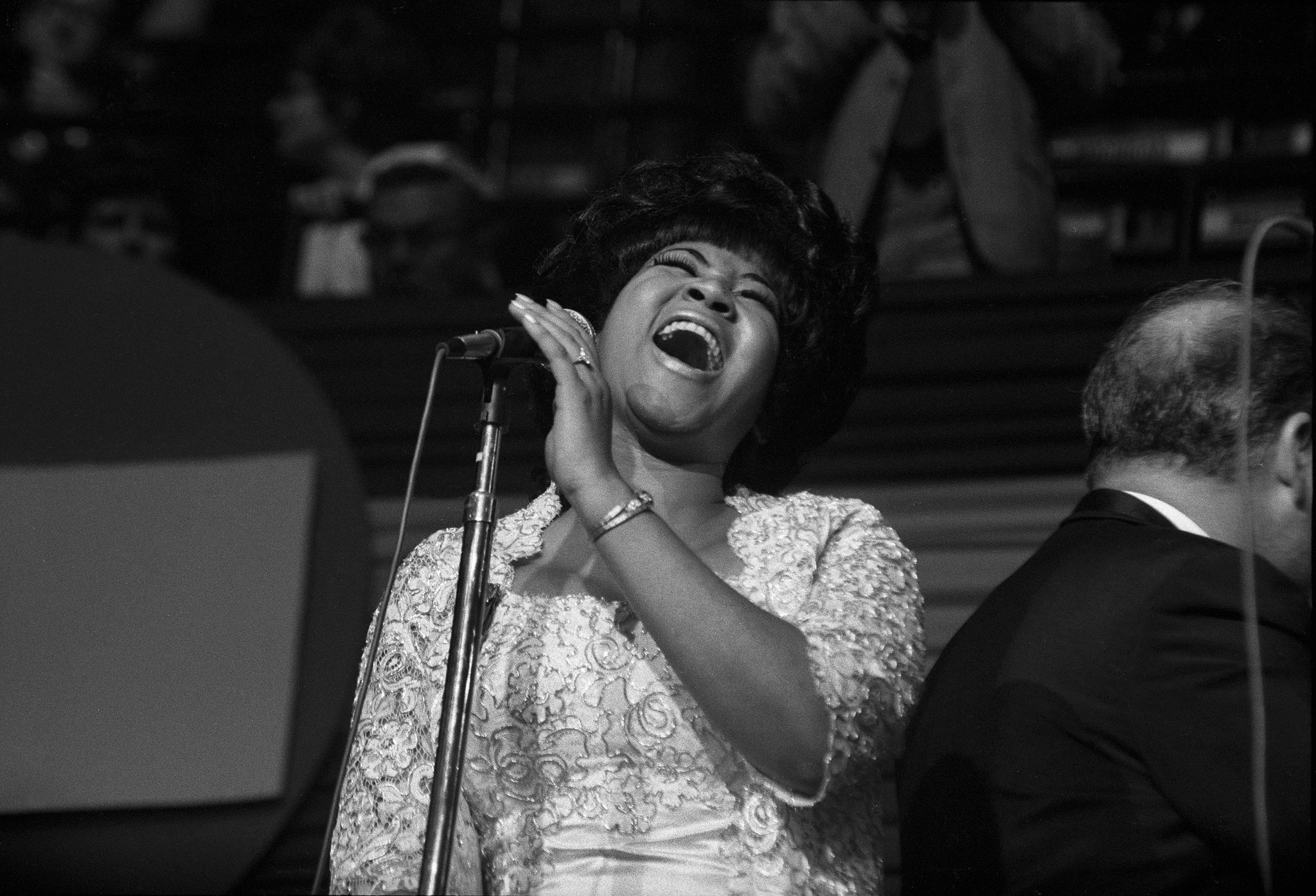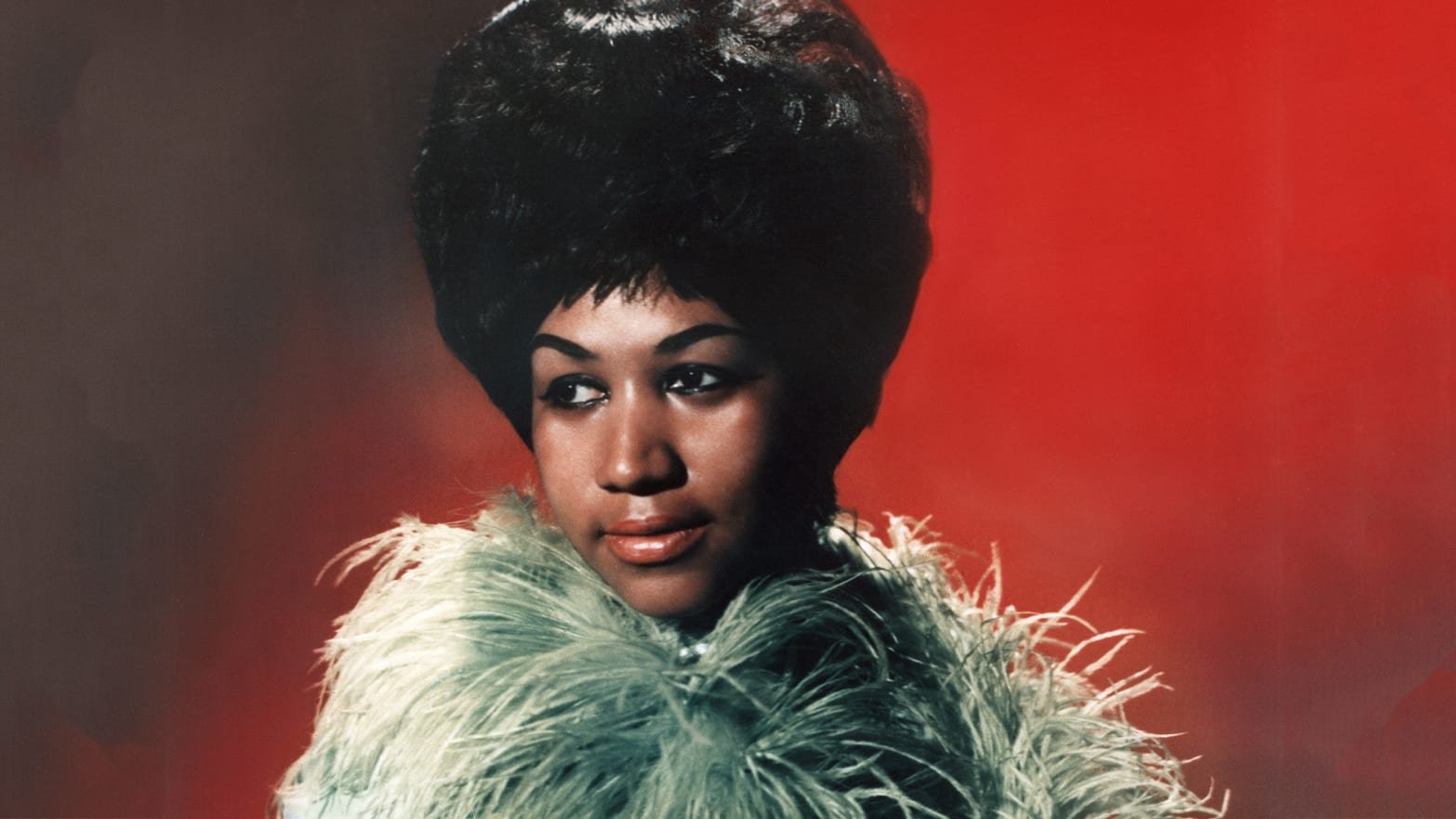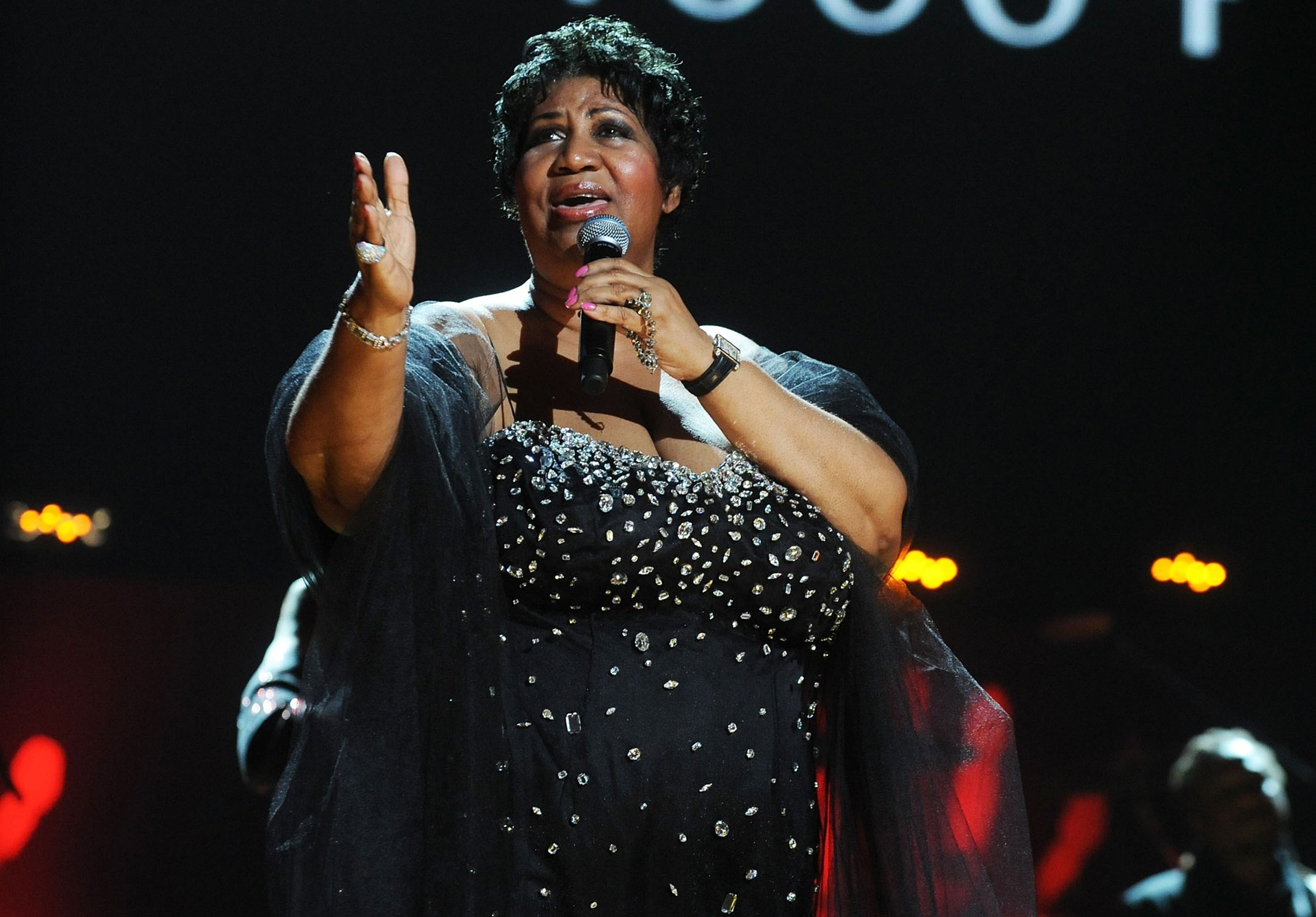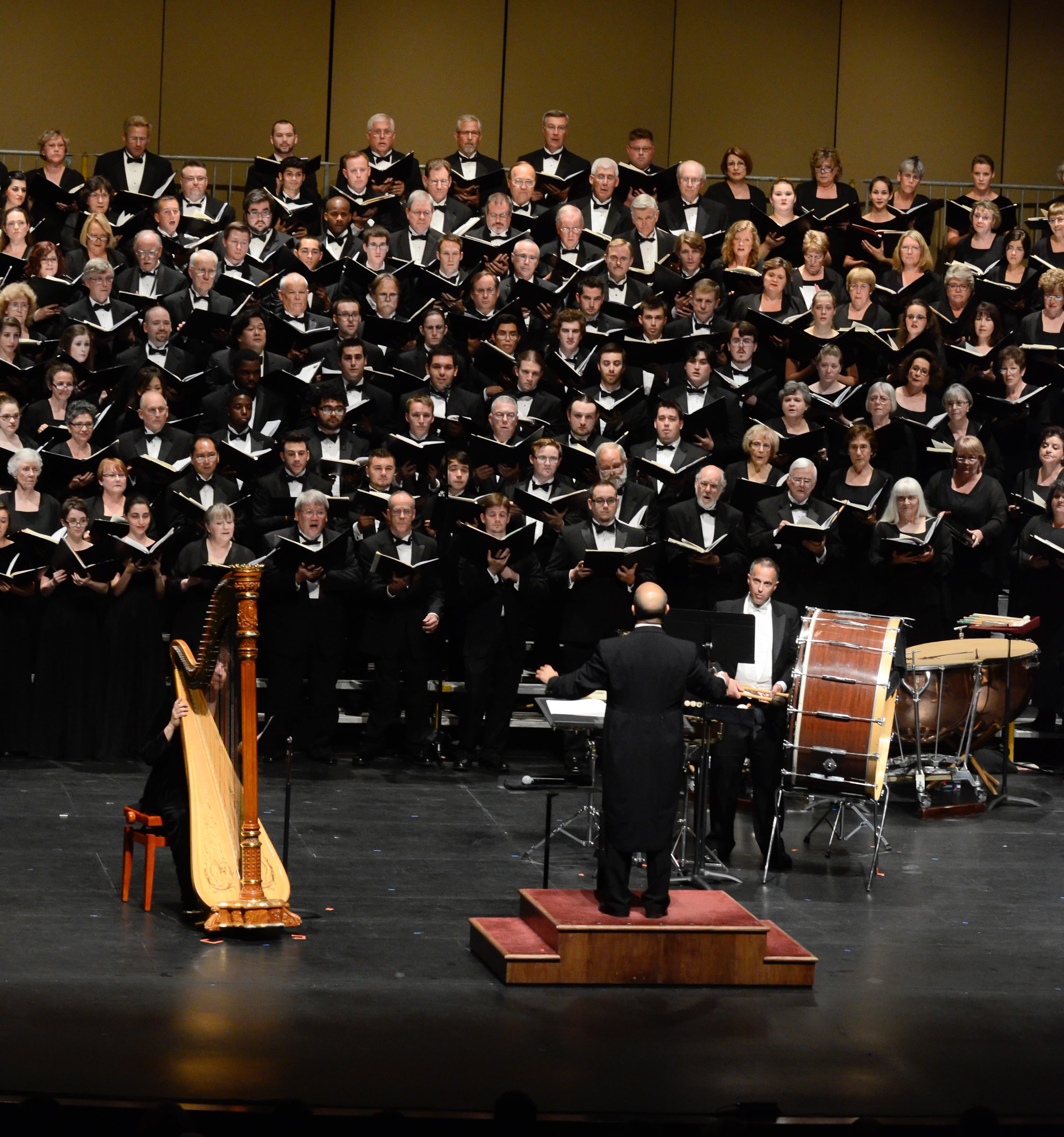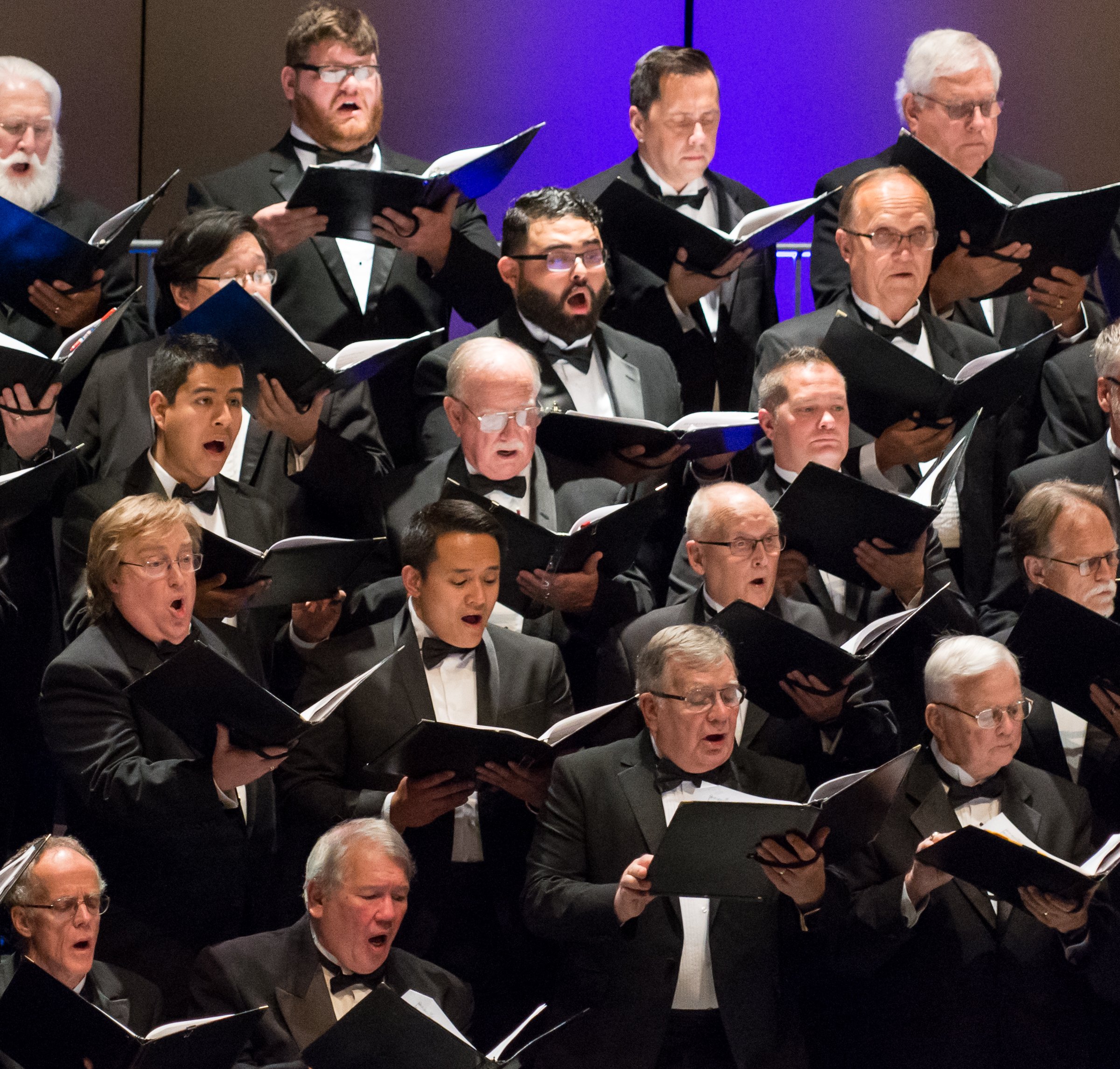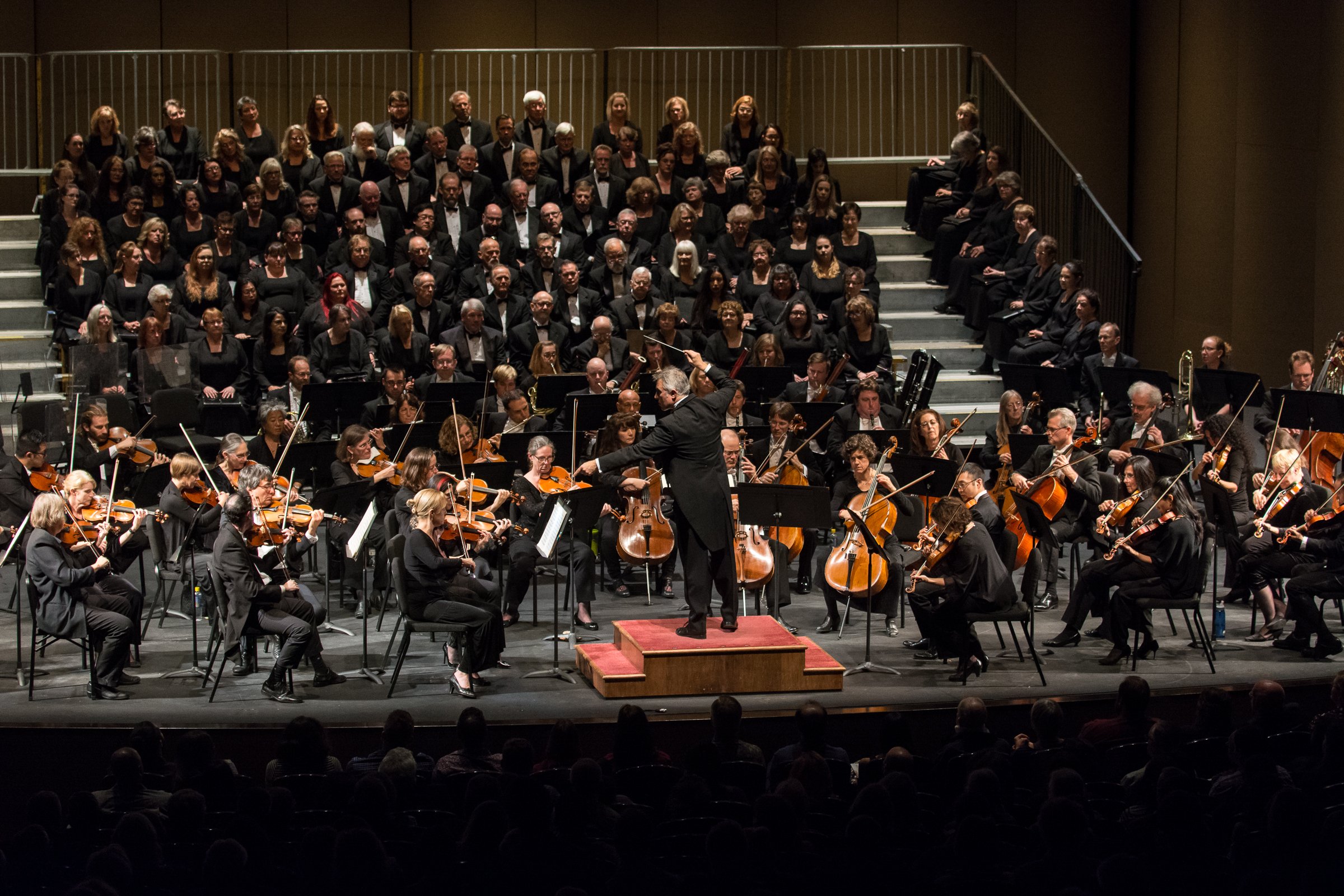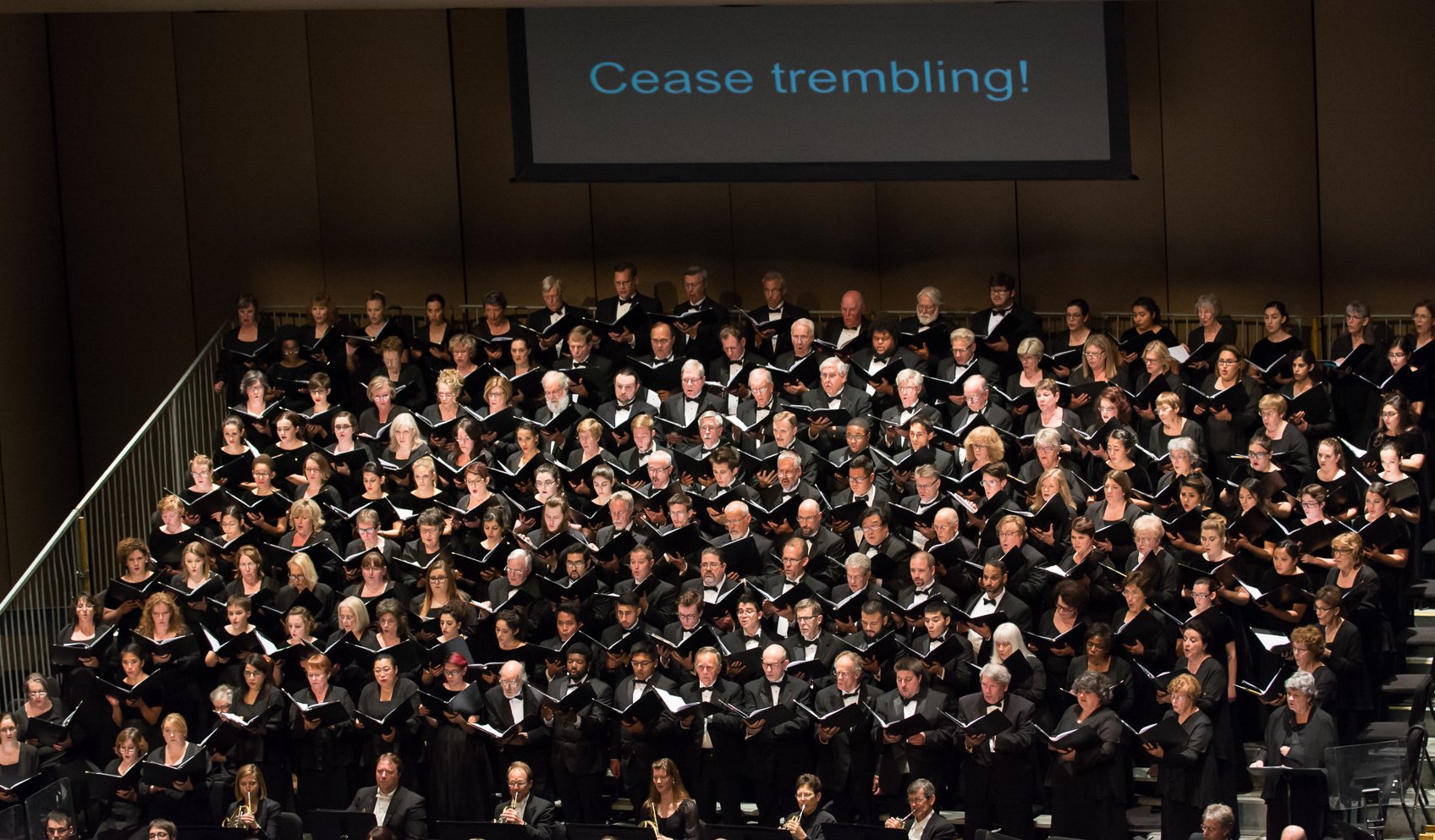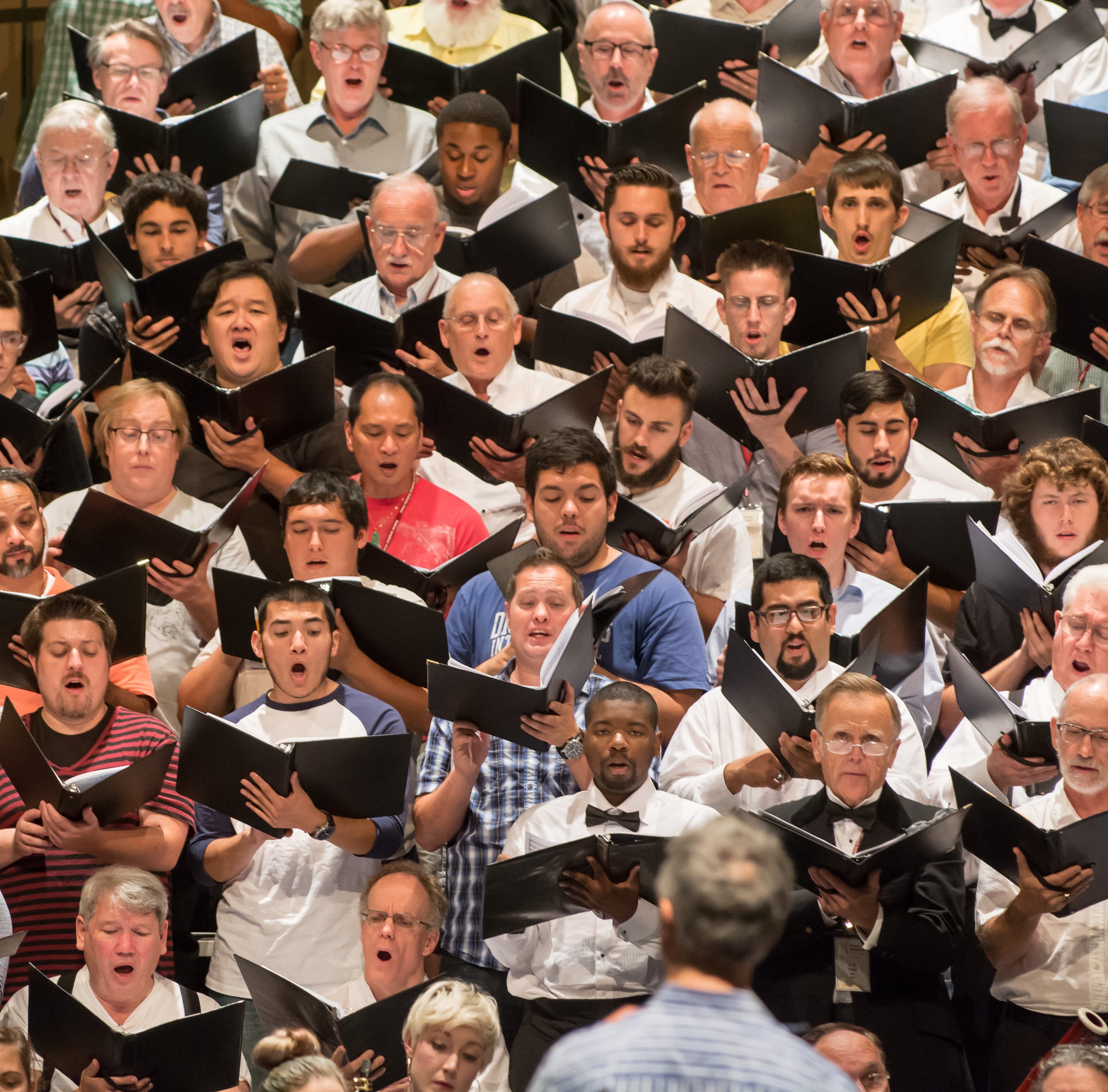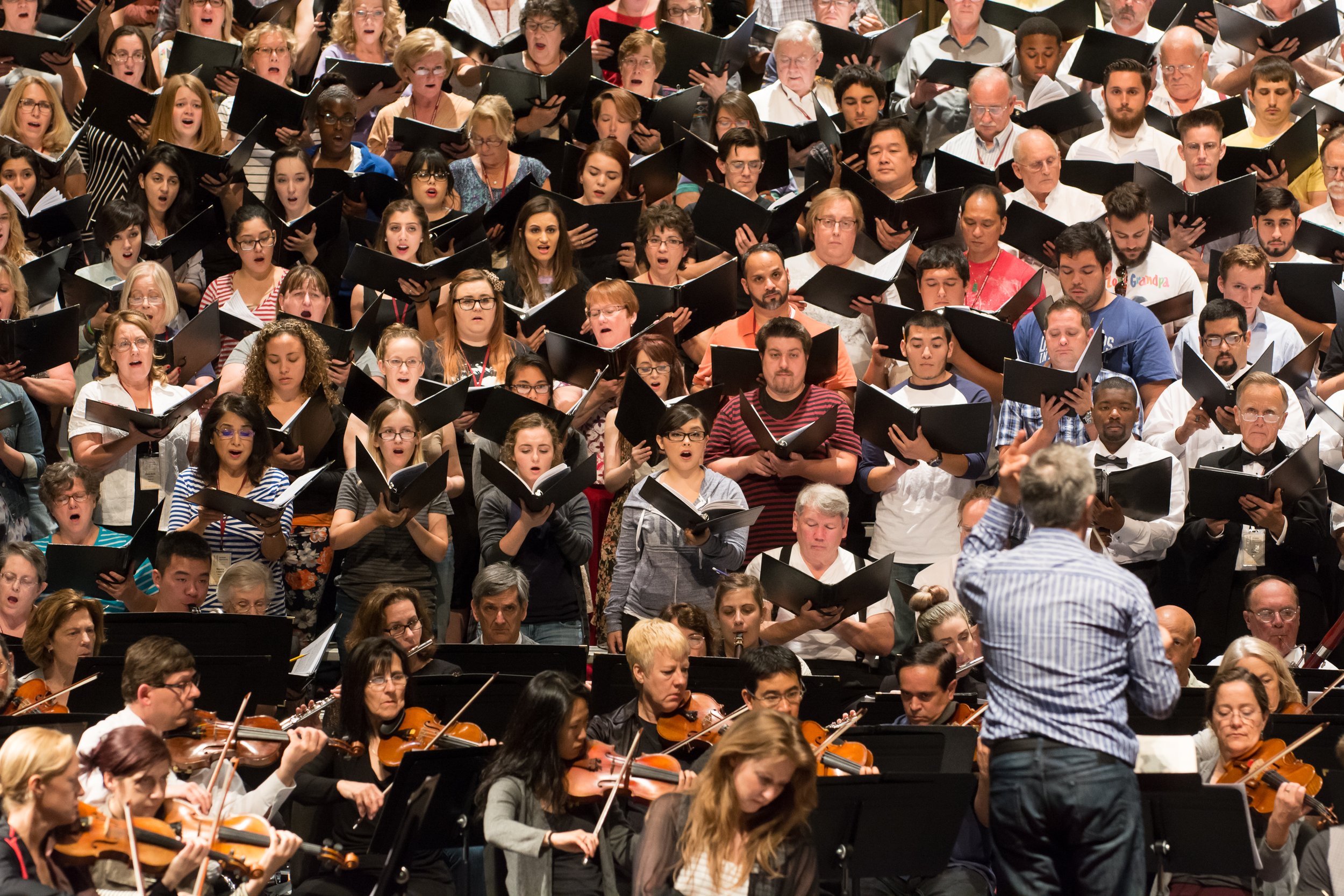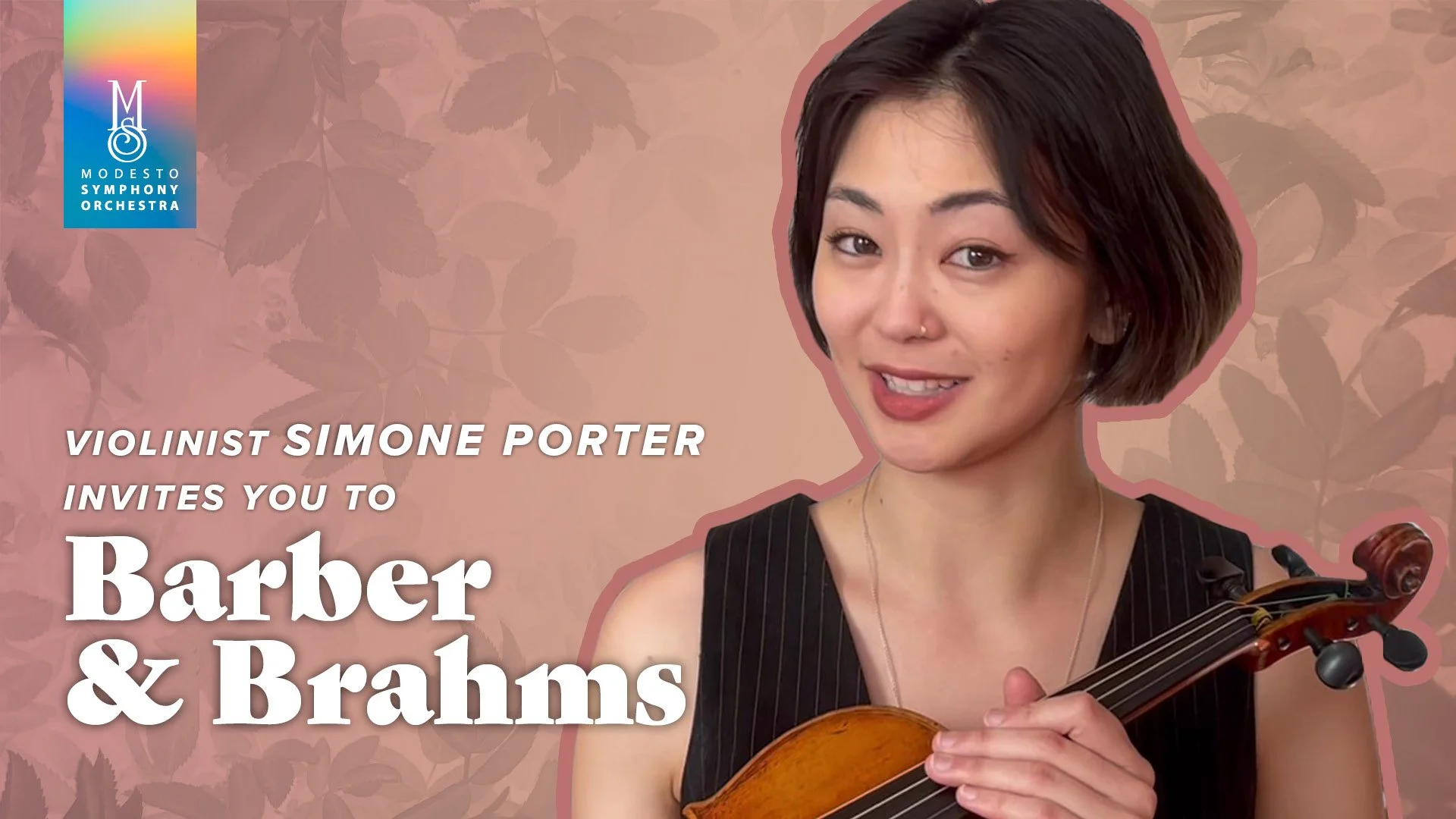Growing Together with Music
by Nicholas Hersh
Nicholas Hersh & Pitman High School Orchestra
The 21st-century symphony orchestra should have two fundamental missions: presenting musical experiences for the community at the highest possible artistic caliber, and providing opportunities in music education for as many children as possible. The most cynical amongst us might say we're simply preparing the next generation of music lovers to come to the symphony! Of course, anyone who has taken music lessons, or been in a school or after-school musical ensemble, knows that there’s so much more to the experience than simply “how to music.”
Music educators teach a myriad of skills, like cooperation (“open your ears and play together!”), critical thinking (“who has the important line here?”), problem solving (“try this fingering!”), attention to detail (“don’t rush the eighth notes!”), and discipline (“practice!!!”). And there is nothing so satisfying for a student as mastering a piece of music and performing it in front of gathered friends and family.
Nicholas Hersh & Johansen High School Band
My own years in school orchestra and youth orchestra were formative for my life and career, instilling in me a deep appreciation for the symphonic experience that led me to become a conductor. It’s a core tenet of my vision for the MSO to continue to invest in music education, and to expand its reach as far as possible.
